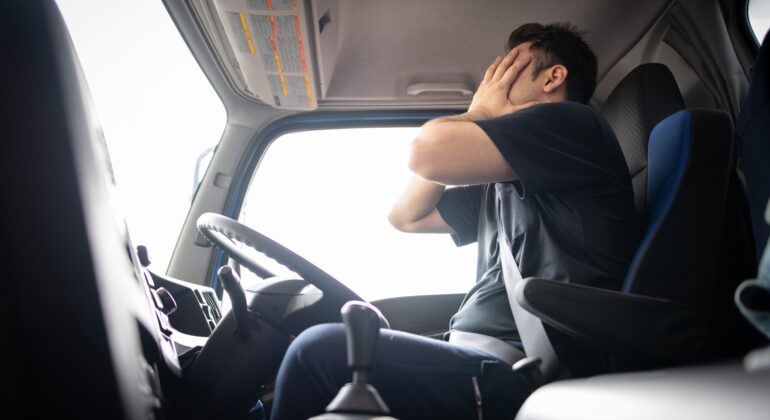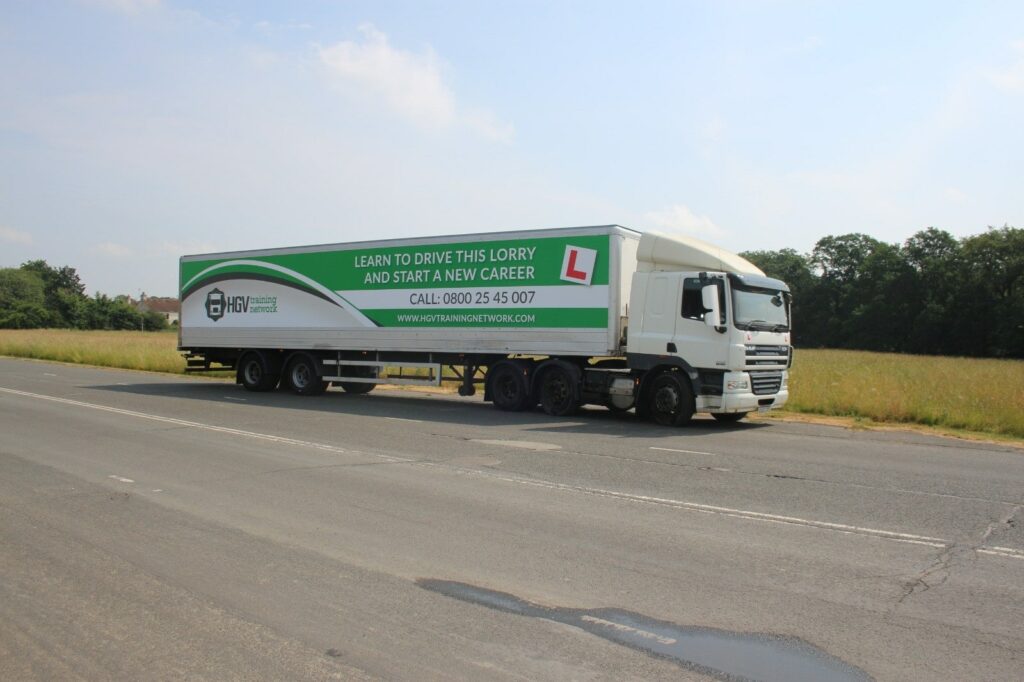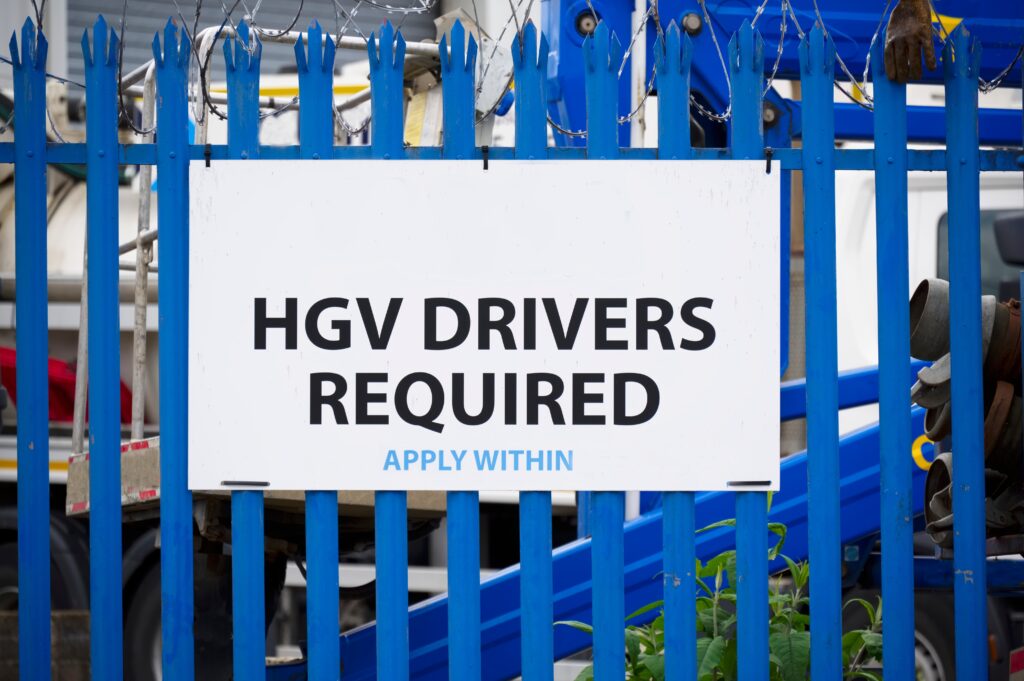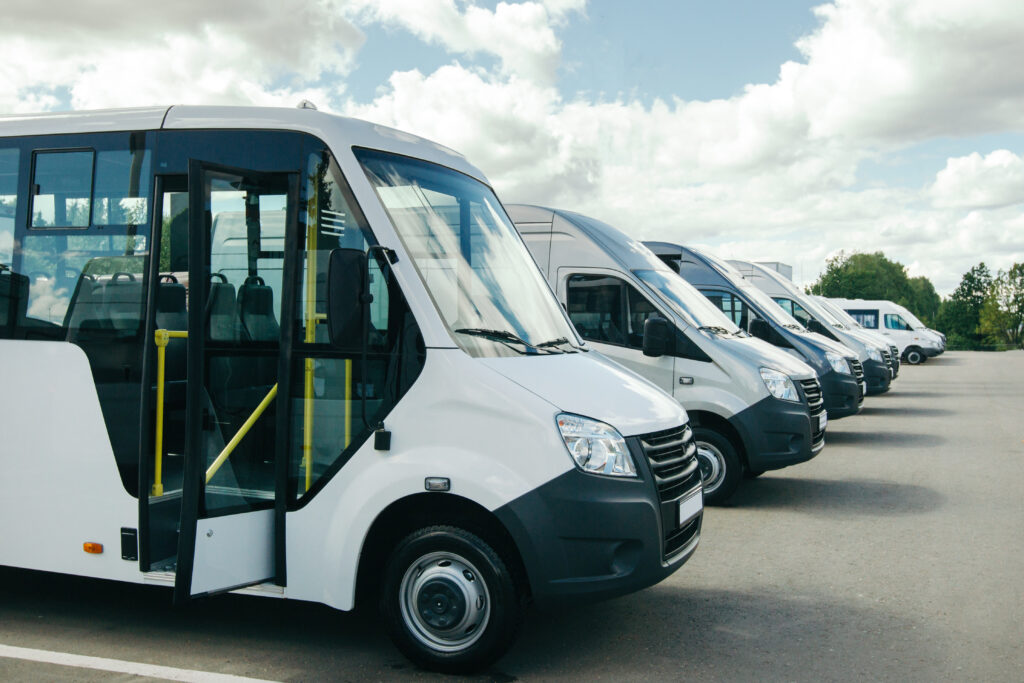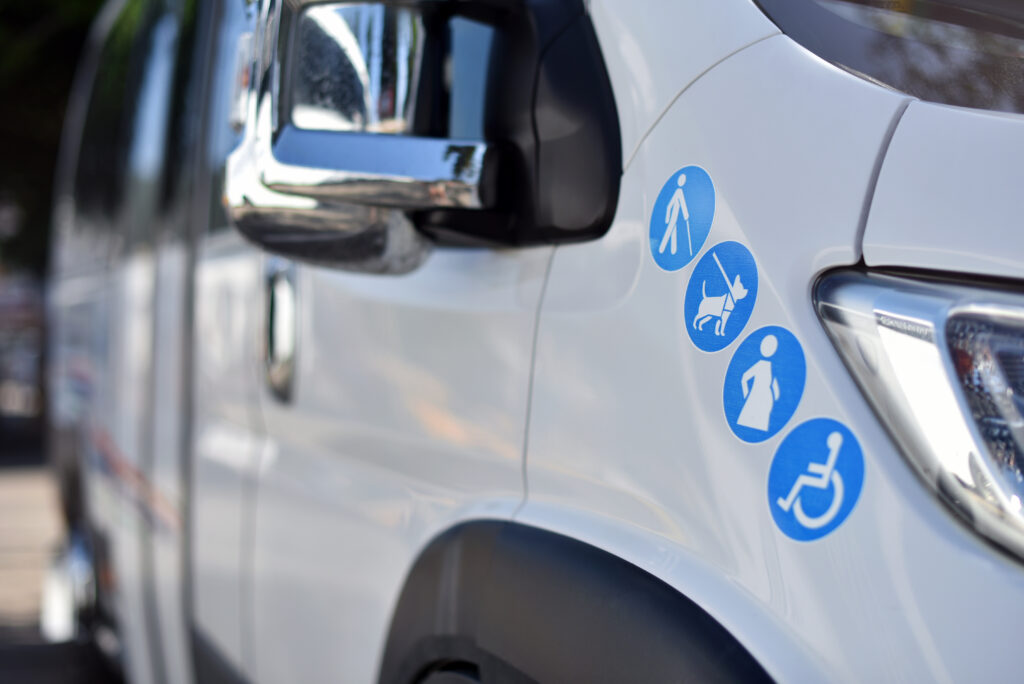Considering training for a PCV (passenger carrying vehicle) licence and changing careers?
Perfect for sociable professional drivers who want to drive to a variety of locations – from tourist destinations to airports – a PCV licence could be the key to getting you behind the wheel of your new life.
Read on to find out everything you need to know about PCV licences.
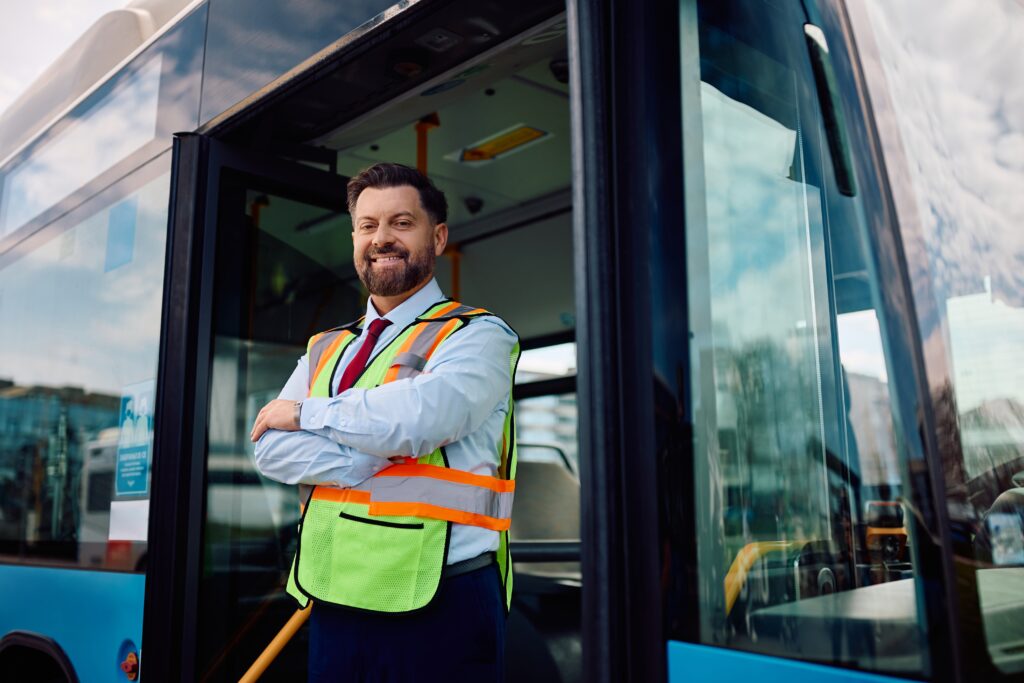
What is the PCV licence?
Previously known as the PSV (public service vehicle) licence, a PCV licence comes in two varieties and allows you to drive either:
Buses and coaches – Cat D licence
Minibuses – Cat D1 licence
Depending on what you drive, you can expect a starting salary of around £25,000, rising to £38,000 with more experience – however, this can change depending on your hours, contract, and which company you work for.
Driving jobs that require these licences combine driving professionally with the sociability of meeting people – making it ideal for more outgoing individuals.

The bus and coach licence (Cat D)
This licence is designed for bus or coach drivers and permits them to carry up to 64 passengers on both single and double-decker vehicles.
Cat D vehicles have more than 8 passenger seats and are at least 10m long and 2.4m wide.
These vehicles and their drivers are used for a range of purposes, including:
School trips
Coach holidays
Visiting tourist attractions or large sporting events
The minibus licence (Cat D1)
The D1 licence is suitable for drivers who want to drive minibuses with 16 passenger seats or less.
Cat D1 vehicles should be 5-8m long with a maximum mass of 4 tonnes.
Minibus drivers can drive to many of the same places as buses and coaches but also frequently can be used as:
Taxi travel to closer destinations
For hen or stag dos
For private hospital transport
Private event transport – for weddings or funerals
Local sports events

How do I get my PCV licence?
Similar to other large vehicle licences, as long as you have your Cat B (car) licence, the stages for gaining your Cat D or D1 licence are as follows:
Complete your medical examination
Study for and pass your theory test
Train and achieve your Cat D/D1 driving test
Complete your CPC training (Certificate of Professional Competence)
Then you can look for your very first driving job in either a minibus, bus, or coach
How much will a PCV licence cost?
The exact cost of a PCV licence depends on many factors, including your experience level of driving Cat D or Cat D1 vehicles and if you have any previous HGV training.
For this reason, every learner will need to chat with one of our advisors to get a bespoke, no-obligation quote.

Achieve your PCV licence with HGV Training Network
With a choice of over 40 locations across the country, you’ll be sure to find a training centre that suits you with the HGV Training Network. We also offer finance on all our training courses allowing you to train now and pay later when you begin your new career.
For more information, or to book HGV training near you, call our helpful team on 0800 254 5007 or fill in our enquiry form and we’ll be in touch.



